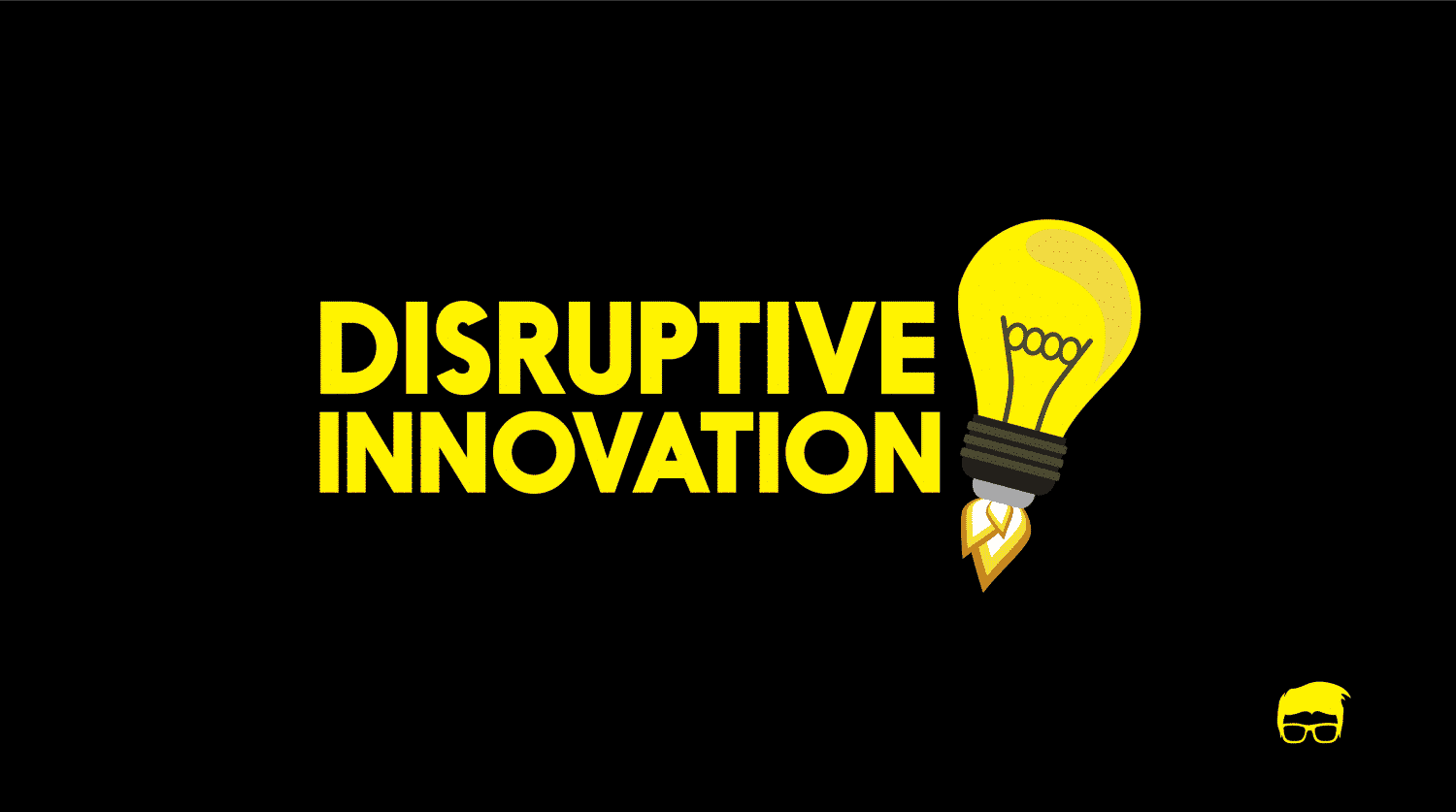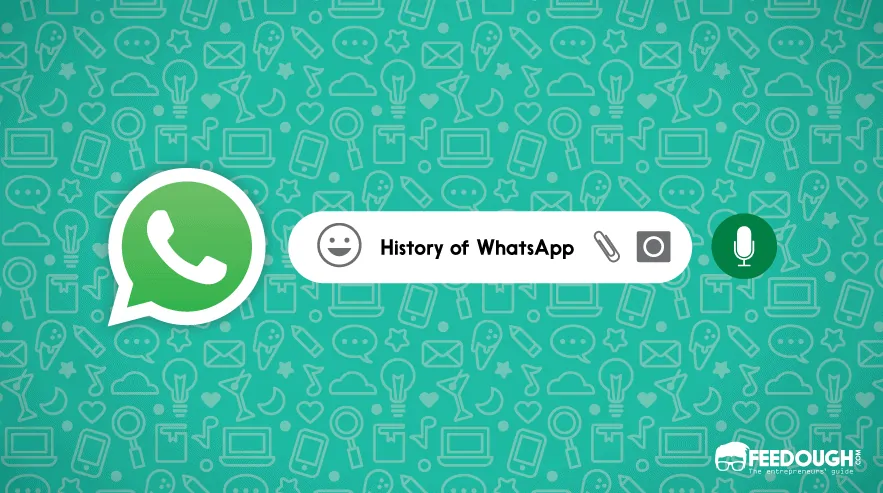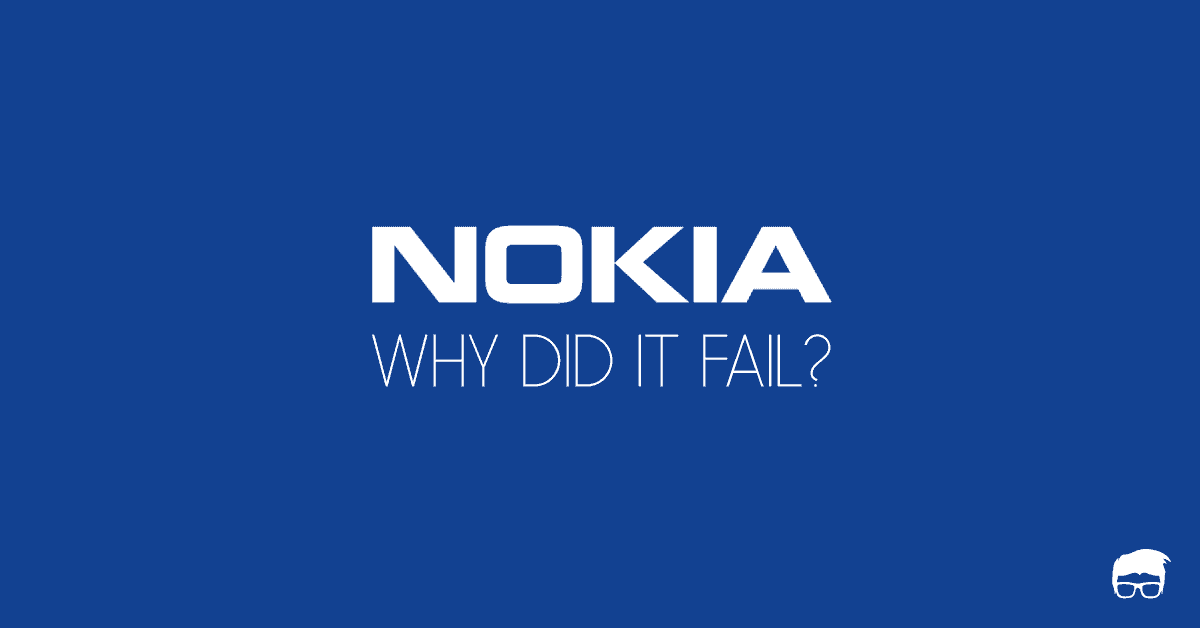The days of corporates hooked on to their blackberry are not yet forgotten.
Back in the 2000s, Blackberry became a monopoly of the rich professionals, symbolizing high status, along with a strong commitment to ensuring the privacy of its users.
As a new decade begins, one begins to wonder if there are any chances of revival of the tech giant? Is it still in usage among the wealthier classes, known for accumulating high-end technology? Finally, what exactly was the reason for this downfall that disappointed consumers all over the world?
Let’s find out.
Blackberry – A History Of Success
Blackberry, initially started with a different name and purpose, i.e Research in Motion. Founded in march 1984, the company first involved itself with developing data technology and connectivity products.
The company felt an increasing inclination towards creating equipment to facilitate wireless connectivity. Hence, in 1993, it embarked upon creating Intel wireless modem containing RIM modem Firmware. Being a private company, RIM soon reached out for raising capital by private placement. A Canadian company invested in RIM, helping it raise a total of C$30,000,000 in pre-IPO financing. The company then turned towards developing pagers and came out with the Inter@ctive Pager 900 in 1996.

The First Round Of Success
Those who aren’t acquainted with the initial success that Blackberry enjoyed, consider it to be a failed company who overlooked its competition. But, Blackberry’s initial success was strong enough for them to divert their attention from their competition.
Blackberry launched its first phone in the year 1999 and captivated the corporate world. There was a time when Blackberry was considered as absolute nuts and it became a sign of status in society. It was not easy to encounter someone using Blackberry. And if you do, then you would discover him to be an industrialist, politician, etc.
‘Lexicon Branding,’ a marketing company, was the one behind the Company’s title. The reason behind this title was that the keypad of all the phones resembled the drupelets that compose the blackberry fruit.
Reasons For Unprecedented Growth
In 2002, BlackBerry manufactured another two devices which were RIM 850 and 857. At that time, some services like emails, internet faxing, etc. could only be used if you owned a desktop. However, the launch of these devices made it possible for the users to use them on mobile.
BlackBerry was the first Company to introduce push email service on their phones.
The Company was at its peak in the year 2013 when there were about 85 million BlackBerry users across the Globe. Even though some might argue, Blackberry was the first to dive into the smartphone market and had access to almost 50% of the US smartphone market.
There must be a solid reason why Blackberry’s growth was so unprecedented that no other company dreamt of such heights.
Blackberry came with a set of invincible security features that allowed professionals to ensure full-proof security. From crisis communication to car security features, you named it they had it. Blackberry came as the ultimate solution for corporates who were living in constant fear of getting their accounts hacked and their privacy invaded. Even today it’s nearly impossible to hack a blackberry phone.
With the first-ever QWERTY keypad, Blackberry transformed the way people were typing. Even today, some might prefer blackberry over smartphones because of the negligible chances or creating errors in texting. Due to this, typing in a Blackberry became similar to a desktop. There are tons of features that blackberry introduced first into its phones.
BlackBerry Messenger, also known as BBM, was the most popular messenger at that time just like WhatsApp. Unlike Whatsapp, BBM was available to a few corporates yet enjoyed mass popularity for a long period.
But due to some mistakes from BlackBerry, the market share of the company started reducing and more number of users got shifted to Android and iPhone. Though people started finding touchscreen more advanced and attractive, BlackBerry refused to launch new phones having a full touchscreen.
In the year 2016, BlackBerry lost its domination in the mobile market and there were only 23 million users left as compared to 85 million users in 2013.
Considering this loss, the company decided to terminate about 4500 positions as there were not enough finance for the employees. In the same year, it also hinted to get sold considering the huge losses they are incurring.
How could a company so well established with its share of customers in the market lose its charm? Did the corporates break the tryst or is it entirely the company’s fault? Let’s find out.
Why Did BlackBerry Fail?
Though Blackberry enjoyed immense success for some time, something else was brewing up in the company’s fortune.
Here are some points which became the reason for Blackberry’s failure.
Aversion To Innovation
2008-16 was a period when the mobile industry was rapidly changing and many companies were looking at this change positively. Blackberry, on the other hand, didn’t want to change their ideology.
For instance, the difference between two BlackBerry models was almost negligible, especially for the elites, who were only bothered by their privacy. Hence, no new model was an actual celebration for them. As such, enhancing the customer base became incessantly difficult after a certain point.
To elaborate this further, let us look at two main areas where the innovation lacked miserably.
Lack Of Innovation To Expand The Customer Base
A prime reason for following this ideology was a fixed market share. Blackberry had a monopoly over the IT sector of various corporate houses. Hence, it did not realize the need to cater to the masses with upgrades. Some of the biggest fails in this segment include the following.
Blackberry Tablet
The blackberry tablet was created to compete against Ipad and was a massive fail. Not only was the UI not intuitive but it also required a Blackberry phone to connect to the net.
Latecomer With Touchscreen
Blackberry came with the touchscreen phone in 2008, one year after it was already launched by Apple. The phone was named Storm but didn’t manage to live up to its own name and was a major buzz eater for the touchscreen lovers.
It came with no wi-fi support and had a number of software issues. Opening any application only meant hitting on the screen multiple times, only to get on the user’s last nerve.
Blackberry Torch
The Blackberry torch almost killed all the user interest it has created since its first phone. The phone’s weighed around 161g (as heavy as a stone). It further came with both touch and type, whereby the touch was a disaster, to say the least, and the keyboard only confused the user further.
Apart from all these, a report by BGR also included statements from an anonymous employee who accused the company of mismanagement and aggravated transition policy.
Lack Of Innovation To Expand Product Segment
Have you ever imagined what if Samsung phones are suddenly out of trend and their technology outdated? What will be the consequences? Will Samsung collapse? No, not.
This is because Samsung has invested in a variety of products to hold a strong foot in different segments of the market. On the contrary, Blackberry and its R&D was solely committed to making phones for a selected customer base.
The launch of BBM music as a competitor to iTunes only reduced the company’s goodwill. The application came with a variety of restrictions like only users couldn’t store beyond 50 songs. Further, both parties wanting to share music need to be having a BB phone along with a subscription.
The fall of the phone’s profit leads to a simultaneous fall in its R&D developments as well. Once This lack of innovation in other market segments led to a much easier fall of the company.
Using A Very Restricted OS
Blackberry’s OS had captured almost 14.6 million users in 2011 which significantly dropped to 0.31% of the market share in 2015. A major grievance by the users included BB’s insistence on its OS.
Too Dull An OS For The Hyperactive User Market
The Operating System of Blackberry was very much restricted where users are allowed to change very few settings or appearance of their phone. Initially, this worked for the company, but with the onset of games and productivity apps which attracted a major buzz, the BBOS just appeared obsolete.
Blackberry’s competitors came with a solution to this drawback and introduced a more fluid and smooth Operating System.
Today, Android smartphones and iPhones have millions of applications, themes, and games in their play store or app store. But Blackberry’s application store has very few countable applications. Most of them are not even properly optimized for Blackberry.
Lack Of Support From Prime Developers
Further, there was a growing resistance among developers to come out and support Blackberry products. This started when big developers like Facebook and Whatsapp with billions of users started rolling back their support, not only for BB10 but for all the recent versions.
Blackberry’s OS was considered as a highly secure system, especially for corporations. Hence, Blackberry did not consider it important enough to resort to any other option that might lose them their customers.
Further, services like Google hangouts and cloud worked very poorly on Blackberry because they were not designed for it.
In fact, in 2015, when the company finally launched a new phone with Google’s operating system, customers found it hard to rely on it because of its high price and“secure” OS being out of the question.
Even though the BBOS is still being used by some individuals, the updates might soon stop as it only leads to further cost addition for the company. This would mean compromising on the very safety standard which Blackberry stands for.
Poor Build Quality
Blackberry phones were always good in all aspects. But in 2012, there were a large number of cases where users started reporting their device being broken. According to a survey, it was found that the trackballs of most of the Blackberry phones got broken in that year. Users also reported keyboard issues in the same year.
Further, even after adding a number of applications, the fact that the screen was too small to navigate continued to be a major problem. With the launch of touch screens, the idea of dialling on QWERTY sounded too painful to the fingers. This need arose because people’s perception of a smartphone changed drastically since 2012. They preferred a laptop in their pockets with equal fun as reliability and functionality.
No Effective And Timely Upgrades
Upgrading the software means to introduce some new features into existing mobile phones. However, Blackberry never considered it as an option to grow. Where competitors were busy providing effective and timely upgrades to their users, Blackberry just upgraded its security patch to make the device more secure.
BBM Exclusivity
BBM came with a number of features to attract the younger generation and created a major buzz among the highly social generation.
However, they were not ready to allow any other competitor to use this application to attract customers. This might have made BBM exclusive but in the longer run, Whatsapp outpaced BBM by attracting users from all walks of mobile products.
The Last Try
Blackberry finally decided to launch Priv to attract it’s lost customer base. The company came up with features like pop-up widgets, dual-curved UHD display, snapdragon 808 CPU and a 3GB RAM. Yet, the phone fell straight on the knees as the launch was equally bad as the product.
There were no new features to enjoy or no new change in the existing Operating System and due to this, potential users of Blackberry shifted to other brands in search of the same.
Final Word?
Blackberry today has completely shunned its mobile phone production and has resorted to mobile security and software solutions. Initially, it was able to thrive in the market disrupting the technological world but was later disrupted by its own inability to judge the level of competition in the market.
Blackberry’s story of never seen before success and ultimate failure is a lesson for the tech companies which resort to stagnancy after attaining success.
A startup analyst who believes that every big project is the result of numerous small efforts that go into the way. Giving anything below 100% is a huge setback to my natural capabilities.










